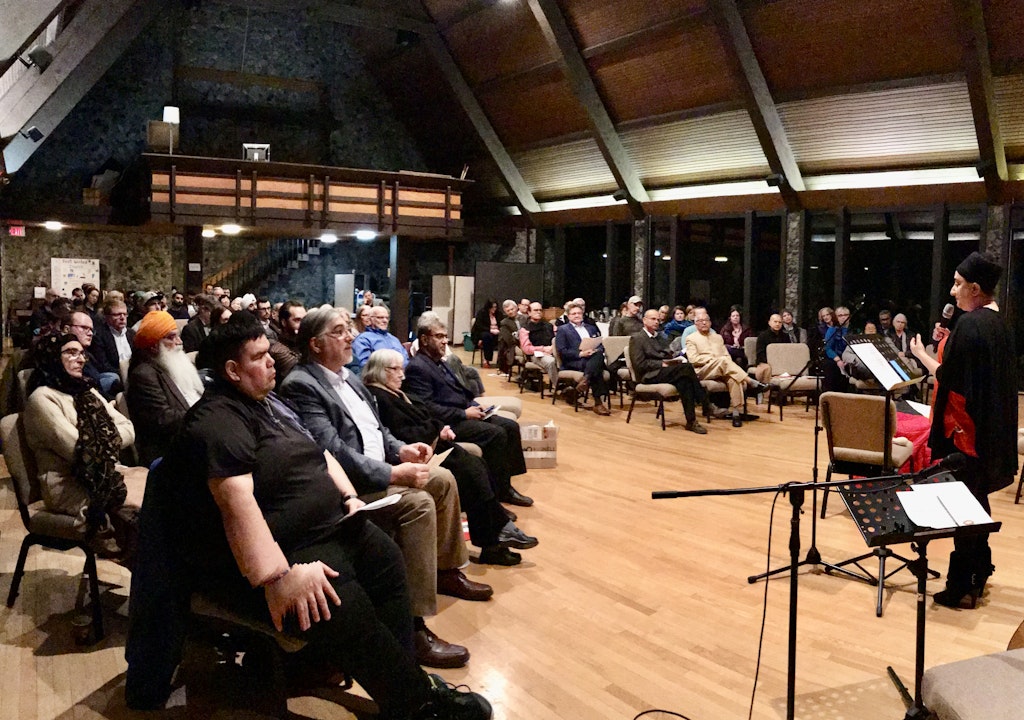The narrative of Pharaoh and Sarah, as recounted in various religious texts, invites profound contemplation and elucidates the far-reaching implications of power, community, and the transformative nature of belief. In examining this tale through a Baha’i lens, it becomes essential to decipher not only the historical and theological underpinnings but also the moral and ethical messages that resonate with contemporary society. The story serves as a fascinating case study, embodying principles central to Baha’i teachings, such as the importance of justice, the supremacy of truth, and the unifying potential of faith.
To comprehend the intricacies of the story, it is vital to establish the context in which Pharaoh and Sarah exist. Pharaoh, representing a figure of immense worldly power, illustrates the pitfalls of tyranny and the dangers of despotism. His actions toward Sarah, who embodies faith and resilience, underscore crucial Baha’i values, such as the sanctity of the individual and the necessity for equitable governance.
The tale begins in the realm of ancient Egypt, where Pharaoh reigns with absolute authority. This powerful ruler is characterized by an ostentatious display of might, yet his hubris blinds him to the moral implications of his actions. When Sarah, the wife of Abraham, is brought before him, the narrative pivots to focus on themes of justice and the inherent dignity of every human being. The treatment of Sarah, who is seen through the lens of power dynamics, highlights the Baha’i admonition against the subjugation of the innocent and the exploitation of vulnerable populations.
From a Baha’i perspective, the interaction between Sarah and Pharaoh serves as a microcosm of the broader historical struggle between truth and falsehood. While Pharaoh attempts to assert his dominance, Sarah’s unwavering faith becomes a beacon of hope. Her mythical portrayal transcends gender roles typically delineated in ancient narratives, suggesting that divine favor is not confined by earthly distinctions. Rather, it reflects the Baha’i tenet that all souls possess an inherent nobility.
The text delves into Sarah’s resilience amid adversity. It is essential to explore her role not merely as a passive subject but as an active participant in the unfolding drama. God’s protection over her signifies the reassurance that faith affords amidst tribulation. This dynamic constitutes a salient lesson for contemporary adherents: faith empowers individuals to navigate and withstand trials, regardless of the enormity of the challenges they face.
In the Baha’i Faith, the unfolding narrative serves as a powerful reminder of the ultimate triumph of righteousness over oppression. Baha’is are taught to uphold justice, and Pharaoh’s unscrupulous behavior serves as a cautionary tale against moral ambiguity. The injustice faced by Sarah at the hands of the Egyptian ruler beckons believers to reflect on their own actions within society. Are individuals, communities, or nations acting justly towards those in their charge? Through this inquiry, a profound understanding of human accountability emerges—an accountability that extends both to personal spheres and to wider society.
Furthermore, the transformative journey of both Pharaoh and Sarah can be juxtaposed against the Baha’i vision of the unity of mankind. Pharaoh’s ultimate refusal to recognize the power of truth leads him astray, whereas Sarah’s loyalty to her faith illuminates her path. This contrast encapsulates the Baha’i belief that the recognition of the oneness of humanity is essential for spiritual and social progression. As individuals embrace their interconnectedness, the imperative to treat all with dignity and respect reverberates, fostering unity rather than division.
Moreover, analyzing the story through various lenses of historical criticism and theological interpretation enriches our understanding of the teachings. It prompts inquiries into the socio-political structures of the time, the role of divine intervention, and the broader implications of faith in governance. In contemplating the nature of leadership represented by Pharaoh, Baha’is are encouraged to envision a world where governance is intertwined with ethical principles and moral responsibility, thereby leveraging their faith in pursuit of constructive societal change.
In essence, the story of Pharaoh and Sarah encapsulates critical Baha’i teachings that extend beyond mere historical curiosity. It fosters a multifaceted dialogue about justice, faith, and the potency of individual actions. Through the lens of this narrative, believers glean insights into the importance of adhering to a moral compass while engaging with the complexities of human society. The saga serves as a fertile ground for spiritual reflection and social action, clarifying that true power lies not in dominance but in the capacity to uplift and empower others.
The Baha’i interpretation of the story renders it a timeless exemplar of the conflicts between oppression and faith, inviting adherents to draw from its lessons as they navigate contemporary challenges. As the world confronts multifarious crises—social, political, and spiritual—the themes embedded within the narrative remain profoundly relevant. Baha’is are thus encouraged to embody the principles of justice, equity, and compassion, further fusing the teachings of their faith with a commitment to upholding the rights and dignities of all.
In conclusion, the story of Pharaoh and Sarah provides a rich tapestry for exploring the tenets of Baha’i thought. It exemplifies how narratives from ancient texts can be instrumental in addressing pressing contemporary issues. As Baha’is reflect on these themes, they are called to contribute positively to the betterment of society, reinforcing the universal ideals of love, justice, and unity that lie at the heart of their faith. Ultimately, this tale substantiates the belief that the stories of the past can guide a brighter, more harmonious future for humanity.
